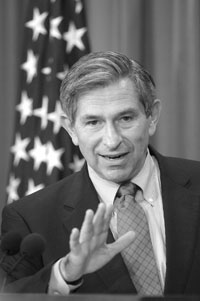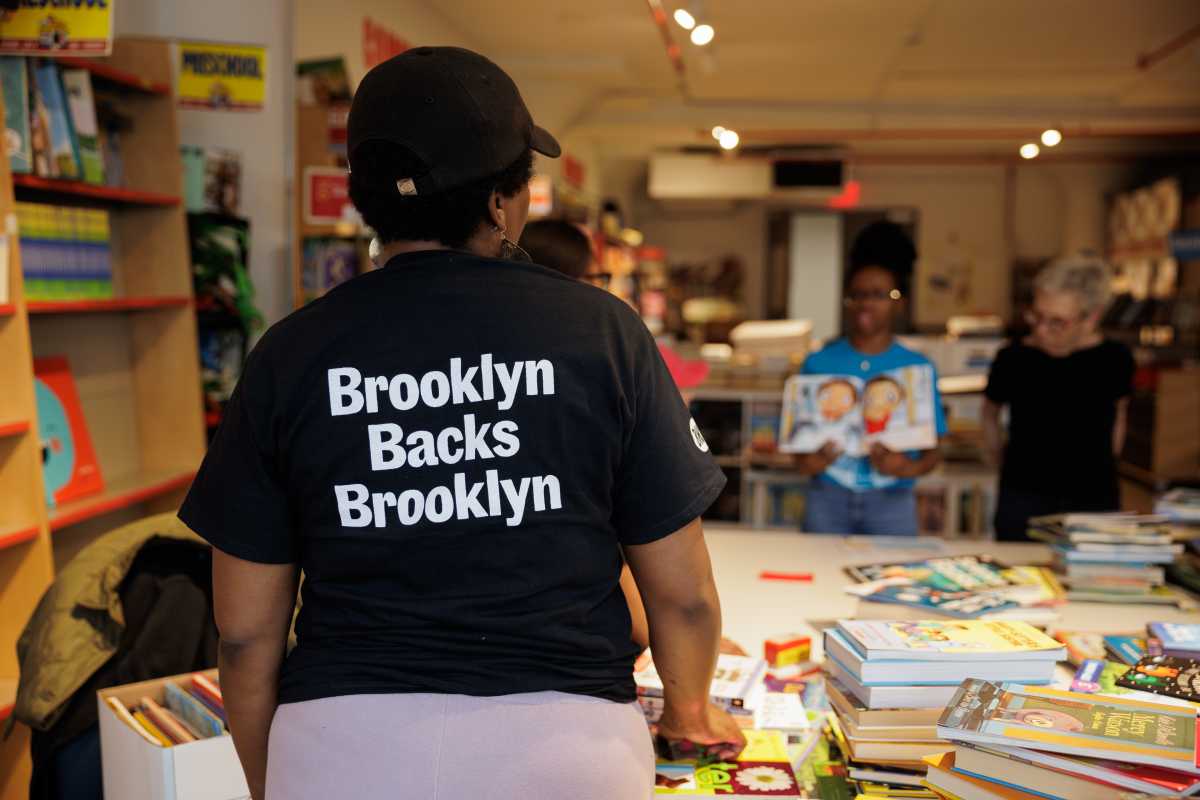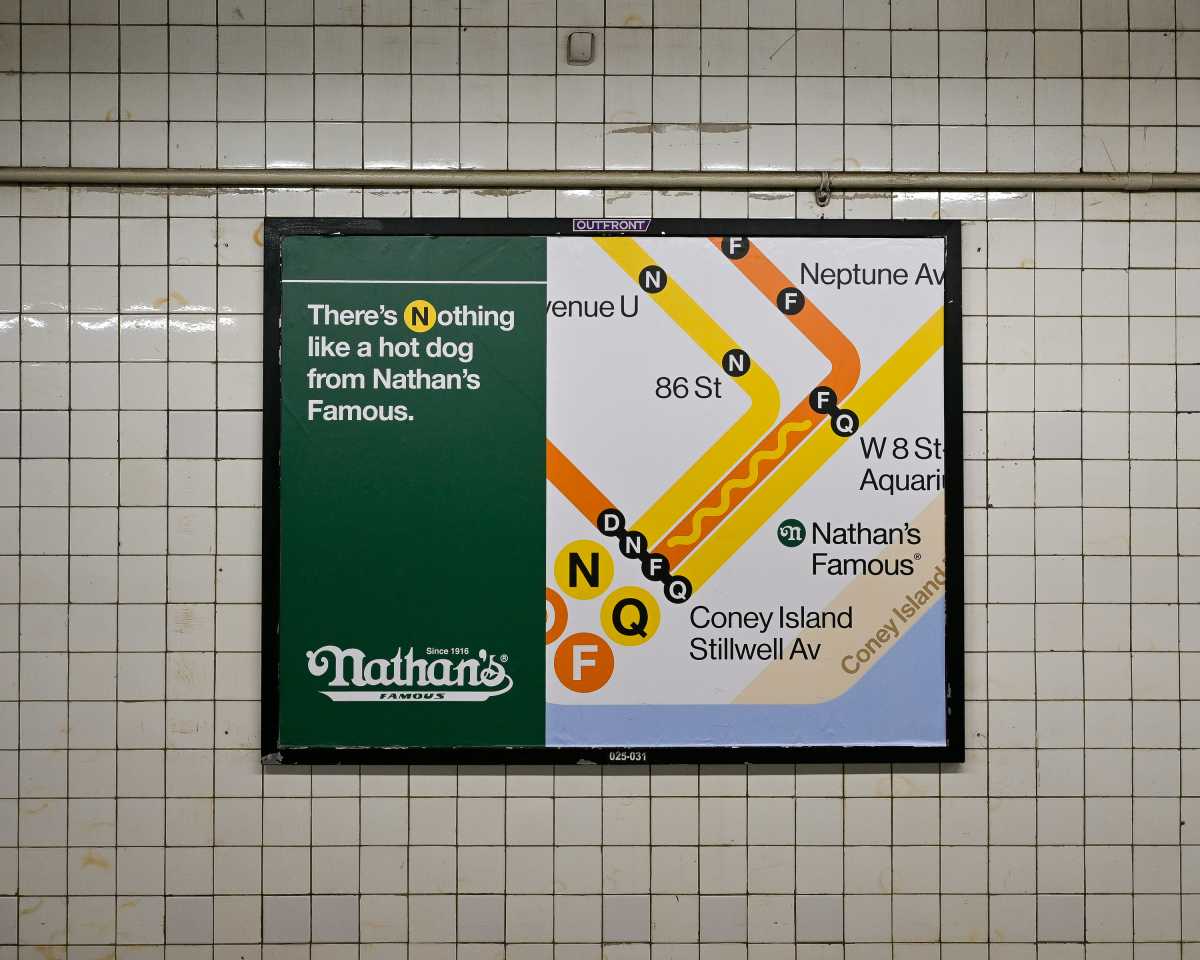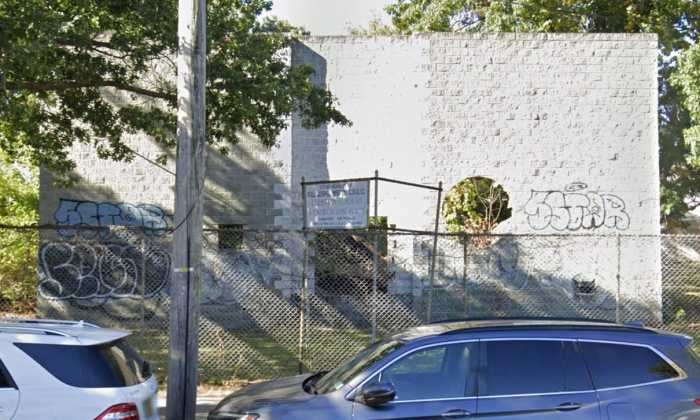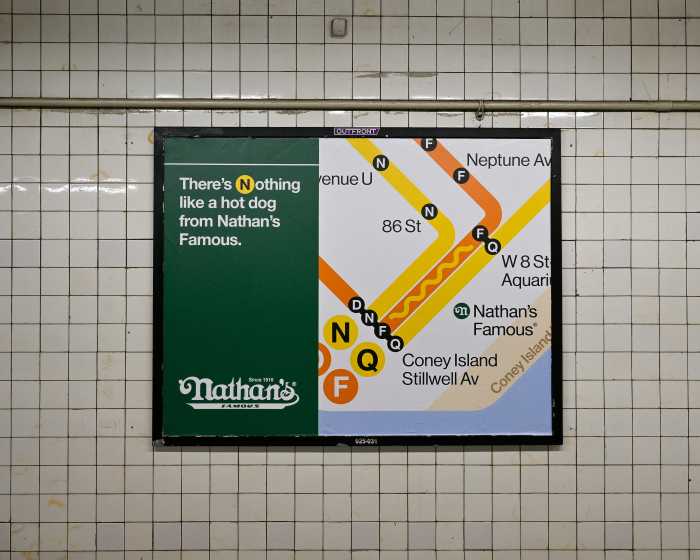By Ed Gold
Deputy Secretary of Defense Paul Wolfowitz, considered by many the architect of our policy in Iraq, was not exactly in friendly territory Sunday in Greenwich Village at New School University’s Tishman Auditorium when he suggested that the U.S. was making great strides as “liberator” in that now-occupied and beleaguered nation.
But his interrogator, Jeff Goldberg, a specialist on the Middle East for the New Yorker magazine, and no big fan of Wolfowitz’s, nevertheless told the packed house at the New School that he thought Bush’s point dog on the Middle East was “quite brave” through more than an hour of responses that were frequently met by boos and derisive laughter, not to mention a series of emotional outbursts intent on stopping the proceedings.
When Wolfowitz finished, he was met by modest applause and substantial booing, as he held firmly to the belief that our “liberation” of Iraq was a winning policy.
The event was at the tail end of a three-day Literary and Arts Celebration sponsored by the New Yorker. A spokeswoman for the New School made clear that the hall had been rented and that the school was not involved in the presentation.
Wolfowitz did everything possible to sweeten up the Iraqi war for a highly skeptical audience that spanned a broad age range and came dressed for a ballgame or a walk through the park.
For instance, he noted he had participated in the Martin Luther King March on Washington 40 years ago and found a direct link between that historic event and our invasion of Iraq since, he said, both were efforts to enhance democracy. The audience was not impressed.
He contended also that two Democratic presidents, John Kennedy and Harry Truman, would have supported the Iraq invasion under similar circumstances, an assertion that brought a wave of derisive laughter from his listeners.
He even had a few good, if begrudging, words for Bill Clinton, approving Clinton’s military efforts against Milosevic and his policy of ethnic cleansing in Kosovo, but also taking the former president to task for being too slow in supporting military action. He did not mention that the Kosovo action was taken under NATO auspices and had required unanimous consent from member nations on all NATO decisions, a practice the U.S. conspicuously avoided before the U.N. with our preemptive and virtually unilateral strike into Iraq.
He tried briefly to lighten up his serious tale, paying respects to the New Yorker’s cultural theme by mentioning two authors; one, Saul Bellow, who had included a fictional character in one of his novels that closely resembled the speaker. The other literary mention was in response to a question about how long we would have to remain in Iraq. To quote Yogi Berra, he said, “It’s dangerous to make predictions, particularly about the future.”
On the issue of our occupation, he offered a few rosy observations: We were rapidly rebuilding the nation’s electrical infrastructure (that’s Iraq’s, not the U.S.’s, infrastructure); we had gotten almost all of Iraq’s elementary schools open and operating; and we were in the process of training thousands of Iraqi soldiers who would replace Americans and permit them to come home. He invoked the Yogi principle on timetables.
He strongly rejected the suggestion that we were stuck in a “quagmire,” adding that “progress in five months has been extraordinary measured against any reasonable standard,” for which he received modest applause.
His view on the need to take decisive military action had been shaped by 9/11, he said. It became necessary to use American power quickly against terrorists in the Muslim world, lumping Al Qaeda and Saddam Hussein’s Iraq under the same dangerous umbrella. He asserted that there were many moderate Mulims whom we had to support. (On an earlier occasion he had said that “Saddam Hussein was the only international figure other than Osama bin Laden who praised the 9/11 attack.”)
Goldberg asked him to be specific about why we had invaded Iraq. He offered three reasons:
The U.S. believed Iraq had weapons of mass destruction and we wanted to find them and destroy them. He still believes the weapons exist and suggests that Iraqi scientists are still too frightened to talk about them.
The Bush Administration was firmly convinced that Al Qaeda and Iraqi terrorism were part of the same world threat, if not necessarily collaborators. He cited earlier discoveries of W.M.D. in Iraq, plus terrorist tactics used by Hussein in subduing the Kurds.
And, he noted, “possibly most important”, Saddam’s brutality towards his own people — “he may have killed a million of his fellow Mulims” — provided a moral reason for removing him from power.
He admitted that in presenting the Bush case for invasion at the U.N., the W.M.D. issue was stressed because it was considered the most effective argument before that body for going to war.
He made a great deal of his conviction that America had a duty to spread democracy, including the rule of law, to other nations, said great strides has been made in Southeast Asia and Central Europe, and admitted it might take longer to sell democracy in the Muslim world but that it was worth the effort. He separated himself from isolationist Republicanism, insisting, “the rest of the world would go crazy” if we were to disengage. “The rest of the world needs us,” he added.
Wolfowitz became angry when some in the audience began yelling “Oil!.” He insisted that our interest in Iraqi oil had absolutely nothing to do with our invasion, adding that we could have found other ways of obtaining the oil if that was our goal.
Turning briefly to the Israeli-Palestinian conflict, he struck a bipartisan note, indicating that an agreement had almost been reached in the last days of the Clinton administration that would have provided recognition of a two-state solution, and reminding the audience that both Israelis and Palestinians were dying in the continuing conflict.
Wolfowitz’s policy position favoring unilateral and preemptive military employment on our terms probably gained no recruits, but he did win some sympathy in the face of nasty outbursts, some intent on halting the proceedings.
He was on the receiving end of tirades calling him “war criminal,” “f…g Nazi.” and “terrorist,” among other choice epithets. One protester repeatedly yelled “Sieg Heil” while another held up a sign reading “On Trial, Not On Stage.” On W. 12th St., in front of the school, there were drumbeaters and whistle-blowers and angry goose-steppers. One protester said she was a member of something called M-27 — sounding like an intelligence agency — which she proudly described as a civil disobedience group.
Protesters are a legitimate part of the democratic scene — except in my view when they try to prevent a speaker from speaking. But if their aim is to get rid of Wolfowitz and all the other Bushies, then Wolfowitz’s advocacy of democratic procedures should come into play. We can throw the rascals out by voting them out next November.



